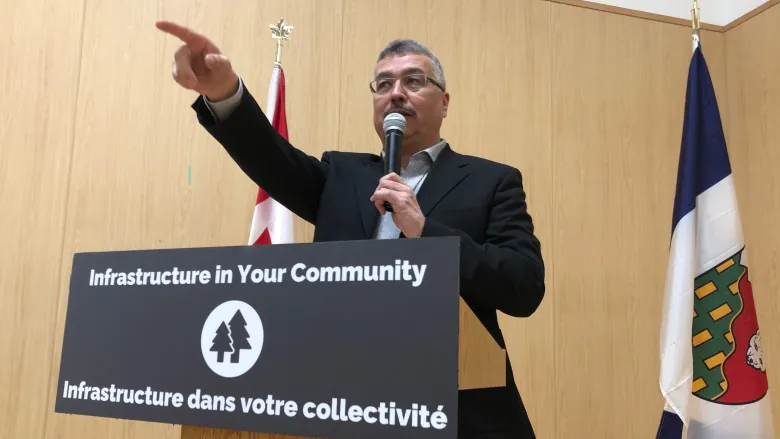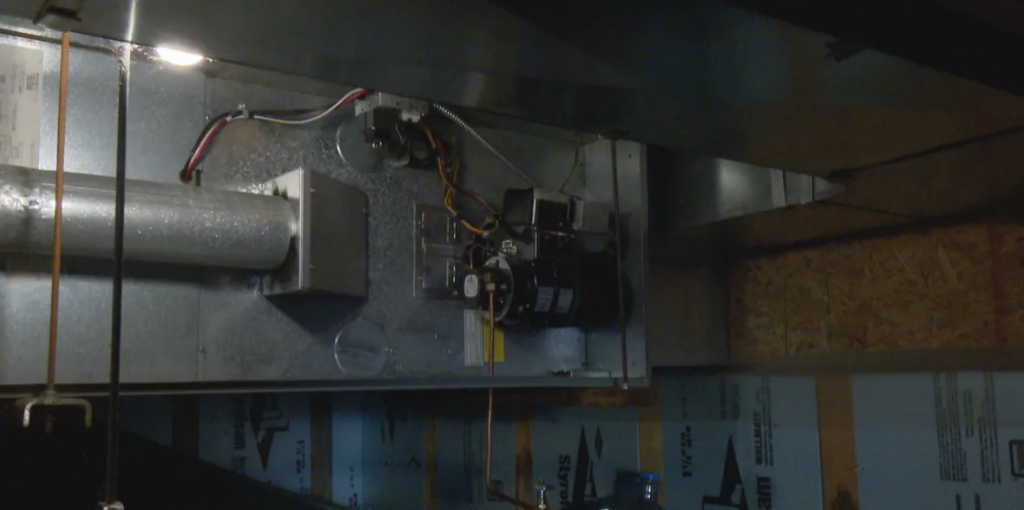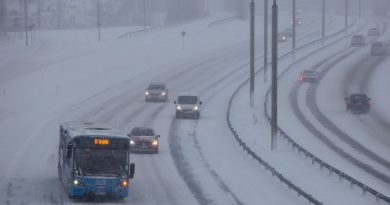18 new modular housing units coming to Tłı̨chǫ region in Canada’s Northwest Territories

By spring 2022, residents of the Northwest Territories’s Tłı̨chǫ region will have 18 new housing units, according to a federal announcement made Monday.
Tłı̨chǫ Grand Chief George Mackenzie and N.W.T. MP Micheal McLeod told reporters the new units are made possible by a $3.9 million investment through the rapid housing initiative. It’s a national housing strategy working to address urgent housing needs for Canada’s most vulnerable populations.
For years, residents of Behchokǫ̀, Gamètì, Whatì and Wekweètì have struggled with long wait lists to access affordable housing as well as aging and deteriorating homes for those who do have units.
The issue is top of mind for voters in Tuesday’s Monfwi byelection.
McLeod acknowledged the difficulties the Tłı̨chǫ communities have continued to face throughout the COVID-19 pandemic.
“In times of crises, the hardest hit are often the most vulnerable in our communities,” McLeod said.
“Every Canadian deserves a safe and affordable place to call home but far too many people are forced to make the impossible decision between paying rent and putting food on the table.”
He also noted that the new units create housing for residents in need and provide employment opportunities meant to strengthen the region’s economy.
He said the new modular units are expected to be built by the end of the fiscal year.

Of the 18 new units, seven will be allocated to Behchokǫ, two to Wekweètì, four to Gamètì and five to Whatì.
The units in Wekweètì and Gamètì are all two bedroom duplexes. In Whatì, four are two bedroom duplexes with one three bedroom single unit. In Behchokǫ, three are two bedroom duplexes and one is a three bedroom single unit.
Mackenzie said the initiative would be a source of pride for communities as “we’ll see more uncles and fathers working while the young ones are watching.”
While the new units will contribute to lessening the housing shortage in the region, Mackenzie said the program is just a start.
“There is a crisis in our communities for housing, these new module units will help some problems be solved but this is not going to be the only initiative that we’re going to go after,” he said.
“This is one, the other ones we’ll be going after later on to look into repairs, housing and so on. But this is a very good start.”
The new units are 18 of 4,700 homes being promised nationally under the federal rapid housing initiative. Almost half of those units – approximately 40 per cent – have been targeted toward Indigenous communities.
Related stories from around the North:
Canada: Yukon gov’t announces eight affordable housing projects, CBC News
Finland: Report highlights Finland’s top 5 housing problems, Yle News
Norway: Population declining in Arctic Norway, The Independent Barents Observer
Sweden: Abandoned properties a challenge for rural Sweden, Radio Sweden
United States: Budget cuts threaten transitional housing program in Alaska’s largest city, Alaska Public Media



